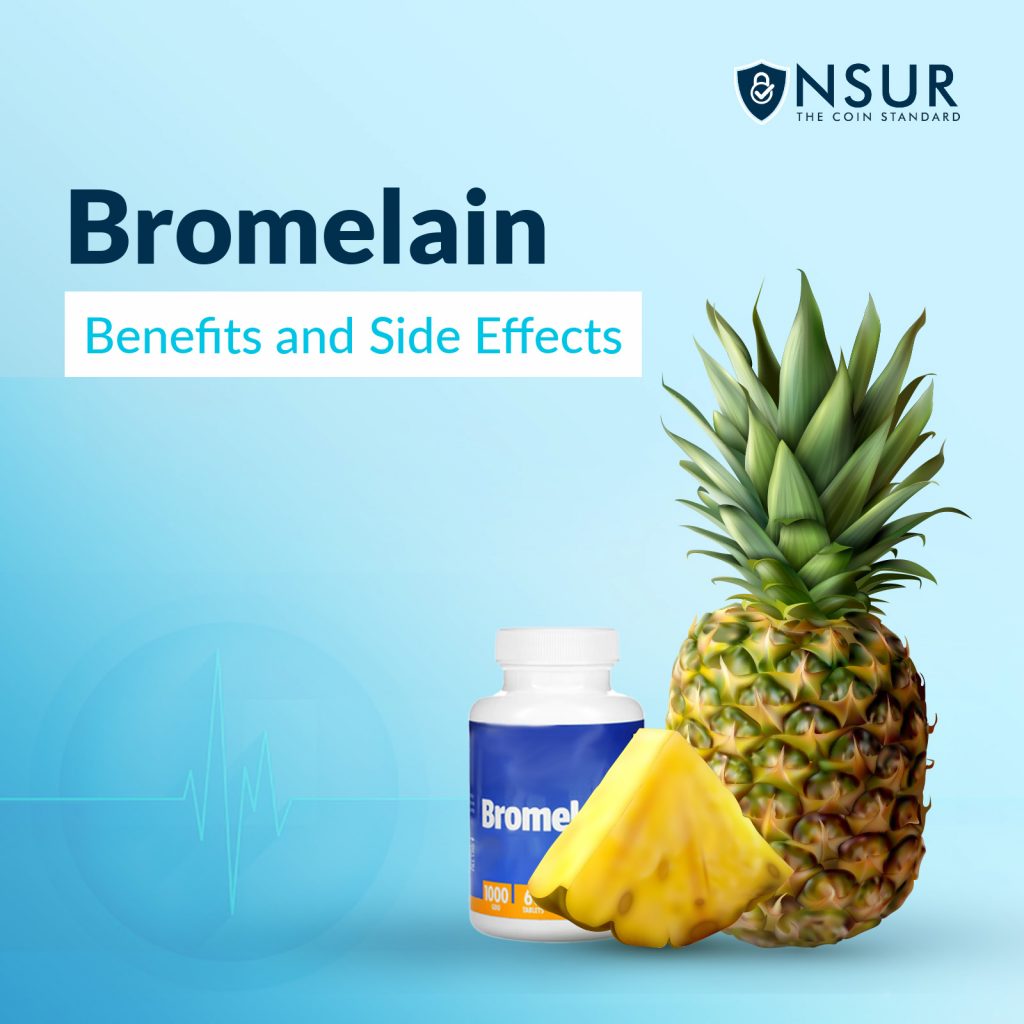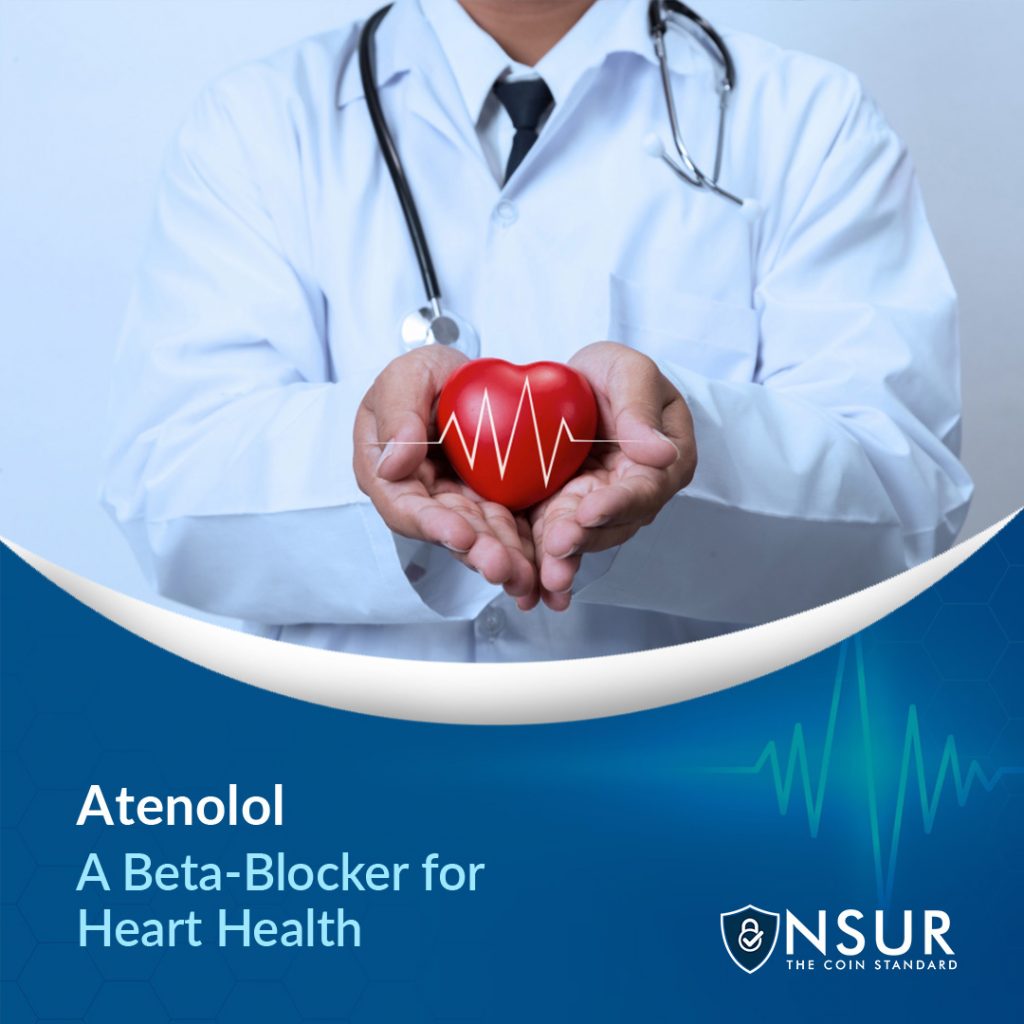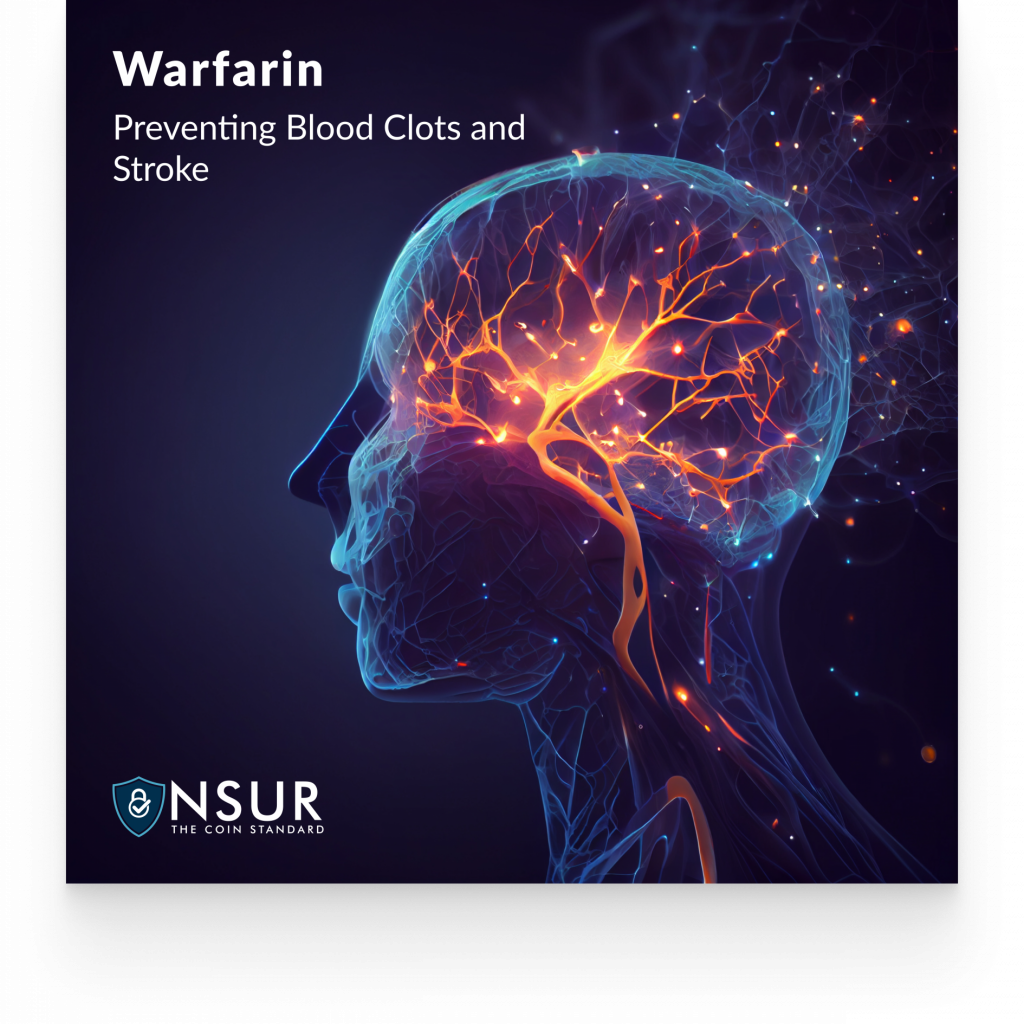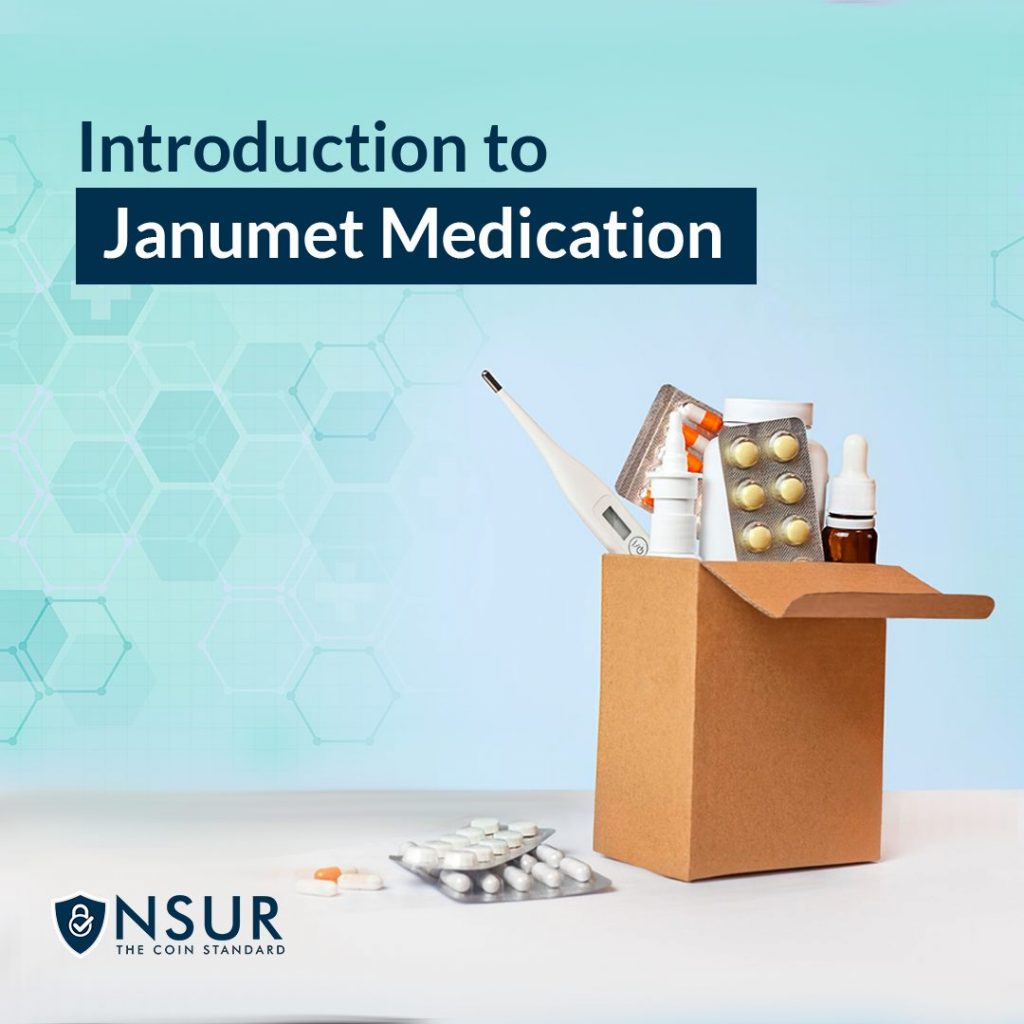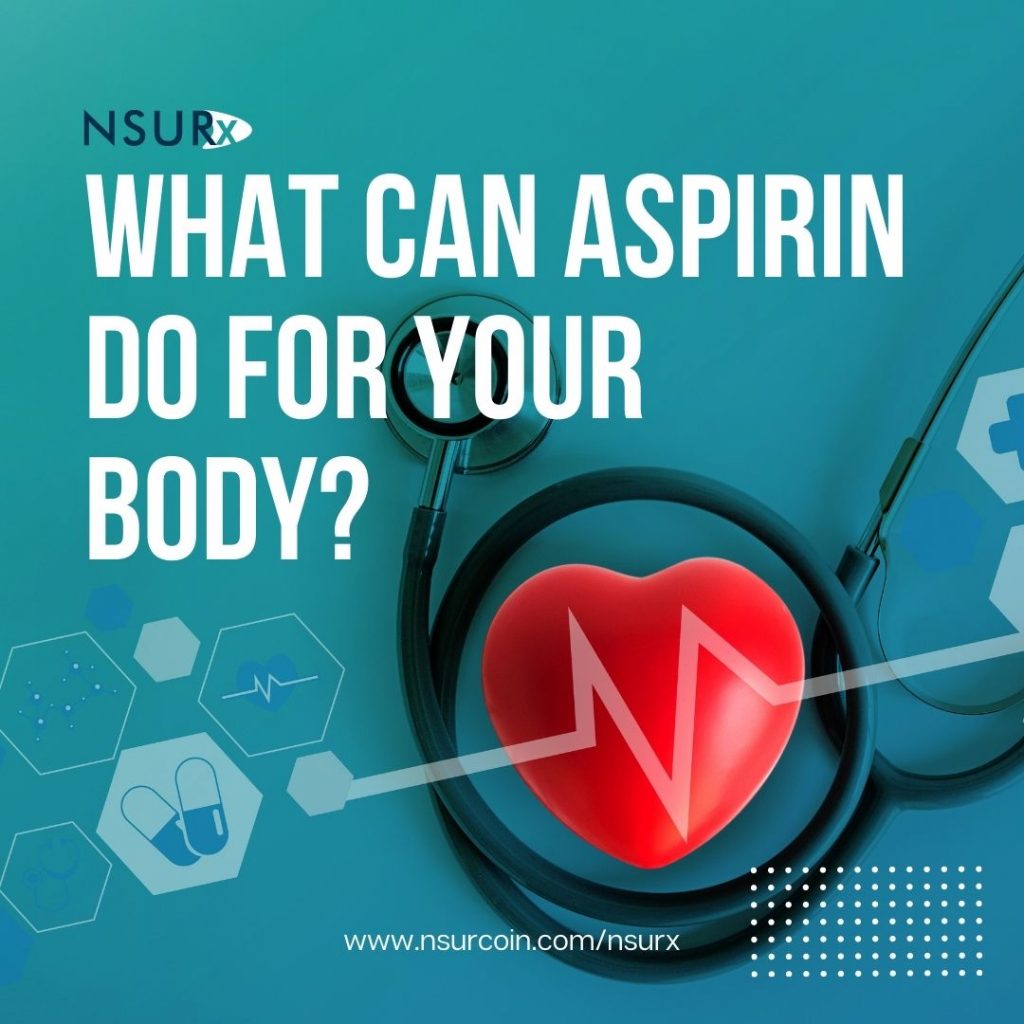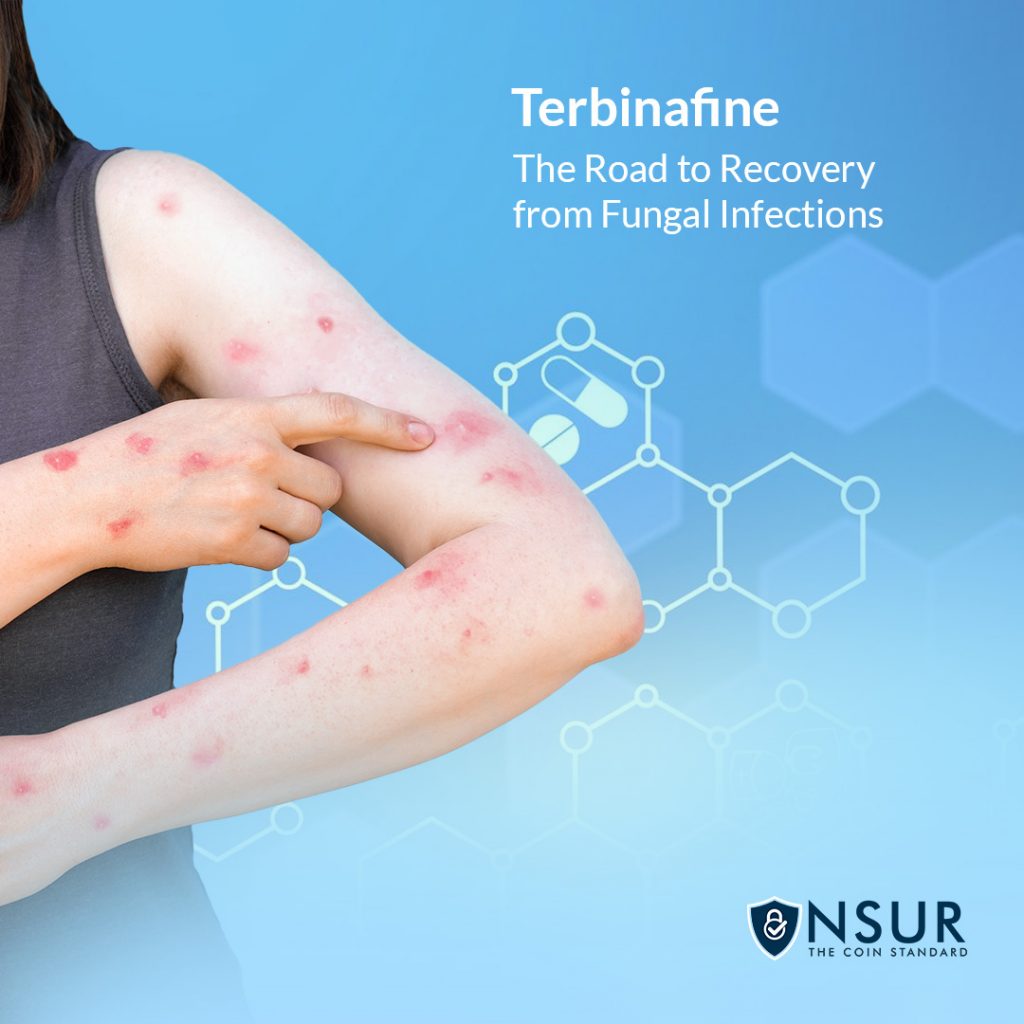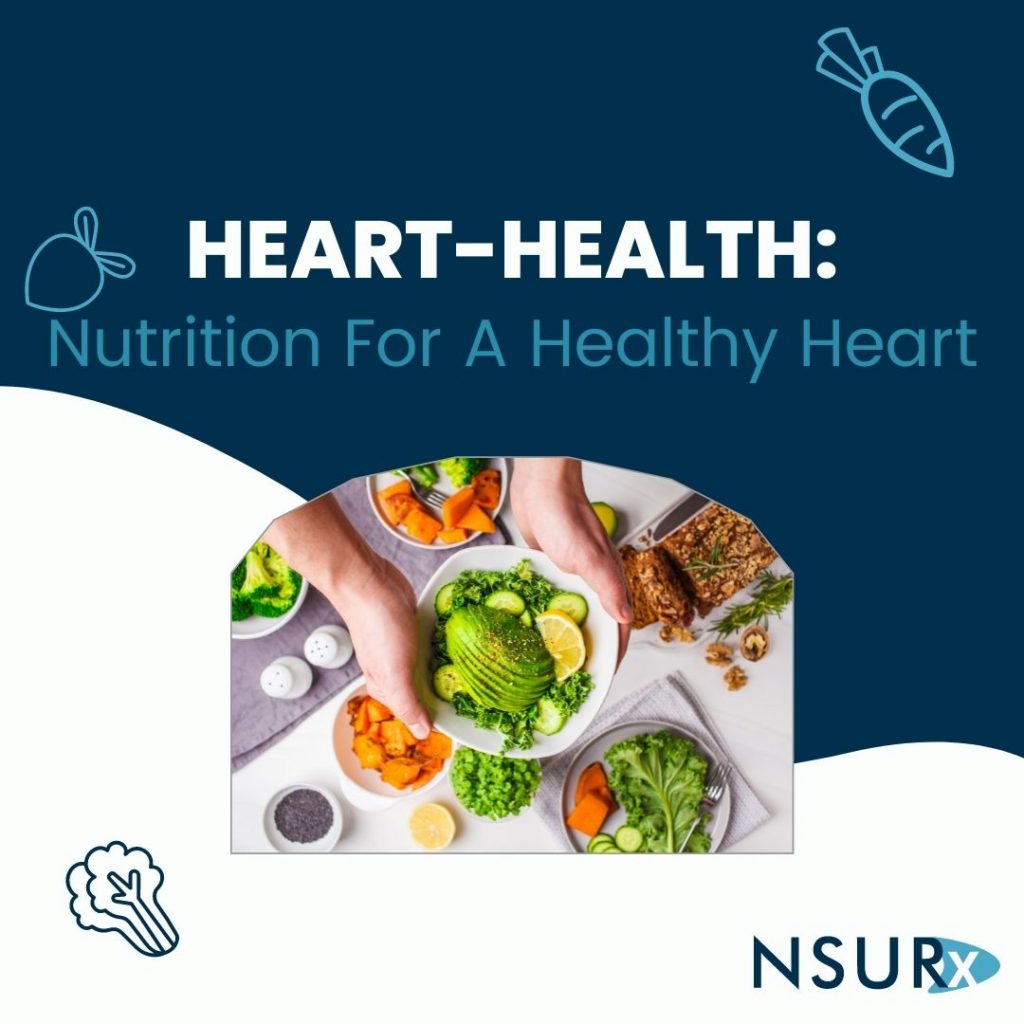
What you eat matters when it comes to your heart. It is possible to eat in a variety of ways to improve your cardiovascular health.
Heart disease occurs when the heart or blood vessels are affected by a disease – such as congestive heart failure, heart rhythm disorders, congenital heart disease, and endocarditis – or due to lifestyle choices, including smoking, diet, inactivity, and obesity.
No one is safe from the risks of heart disease, but those with a heart-healthy diet are more likely to reduce the risks of heart disease than those without it.
What is a heart-healthy diet?
A heart-healthy diet promotes eating foods that are as close to their natural state as possible.
Fruits, vegetables, whole grains, legumes, nuts, seeds, and other sources of healthy fats, such as fatty salmon, are all foods that are part of a heart-healthy diet.
Non-processed lean meats, poultry, and dairy can also be included in the right amounts.
A closer look at 5 heart-healthy foods
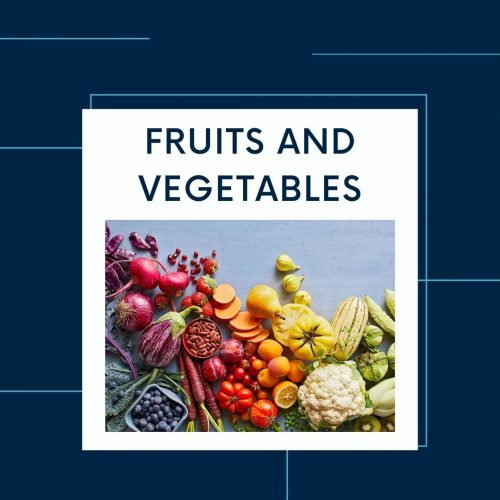
- Sneaking more fruit into your breakfast. For example, if you usually eat yogurt for breakfast, consider adding blueberries, raspberries or blackberries to the mix.
- Including vegetables – such as tomato, lettuce, grated beet or carrot – on your sandwiches at lunchtime.
- Swapping starchy, fried sides with a side salad or fruit salad when you eat out.
- Replacing carb-heavy foods at dinner with steamed vegetables.
- Snacking on apples or oranges instead of chips between meals.
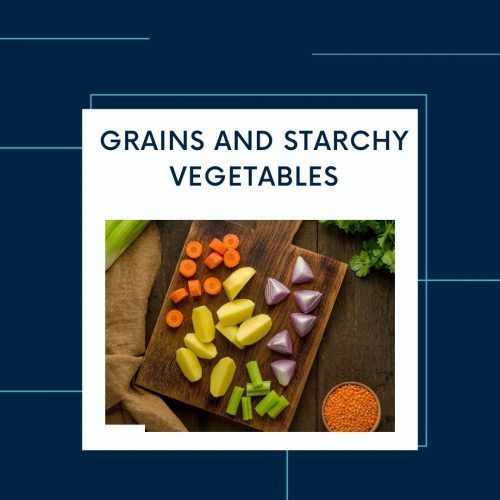
Not only can you reduce your risk of cardiovascular disease by eating more whole grain and high-fiber-carbohydrate foods, but you can also improve your digestive health, lower blood cholesterol levels and improve your glucose levels.
As a starting point, consider these changes in your diet:
- At each meal, eat no more than a fistful of grains and / or starchy vegetables
- Instead of white bread, try a whole grain bread
- Switch your white rice to brown rice
- Include baked potato chips or kumara chips instead fried sides like french fries
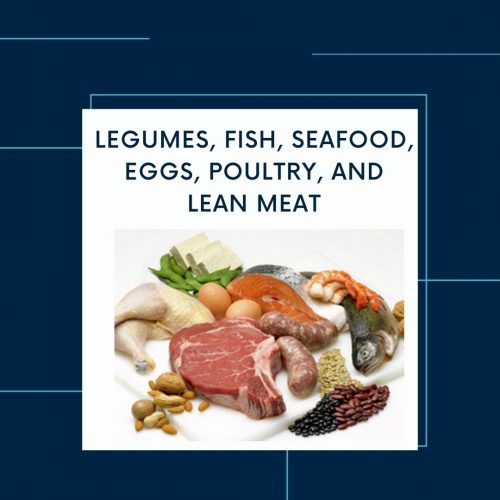
Meals containing legumes, fish, seafood, eggs, poultry and lean meat are rich in protein, which the body requires to build and repair tissues and organs, including your heart! Vitamins B and C are also present, as well as iron and zinc.
The following are a few ideas to get you off the ground for incorporating more of these foods into your diet:
- Toss in a can of beans instead of meat as a filler ingredient in a meal
- Schedule fish for dinner at least once per week in place of red meat
- As an alternative to deep-frying, consider using a steamer, grill, or pan to cook your fish
- Replace pastrami, ham, and other processed meats with tinned fish or chicken, hummus, refried bean spread, peanut butter, or even an egg
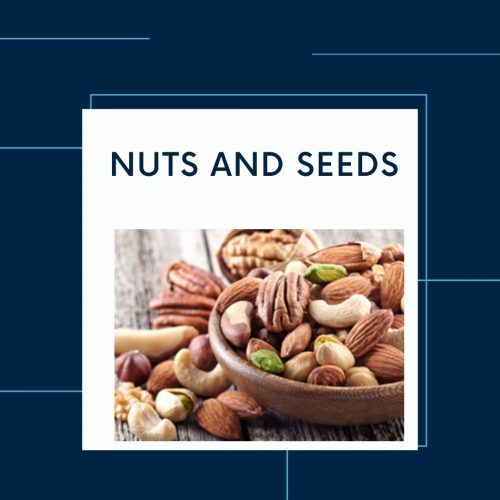
Nuts, seeds, and some oils are great foods to integrate into your diet if you are looking to improve your heart health.
Vitamins, minerals, protein, and fiber that are good for heart health are all found in nuts and seeds. Additionally, because their fats aren’t completely absorbed, nuts help keep weight under control while also regulating calorie intake and increasing metabolism. Heart disease can be prevented by the presence of unsaturated fats and other nutrients in these foods.
Heart-healthy nuts and seeds can be found in the following varieties:
- Almonds – Almonds lower bad cholesterol and raise good cholesterol
- Hazelnuts – Hazelnuts reduce the risk of cardiovascular disease
- Peanuts – Peanuts help prevent heart disease
- Pecans – Pecans help inhibit unwanted oxidation of blood lipids.
- Pistachios – Pistachios increase blood flow by assisting in the transport of oxygen through the bloodstream to the cells.
- Walnuts – Walnuts decrease blood pressure
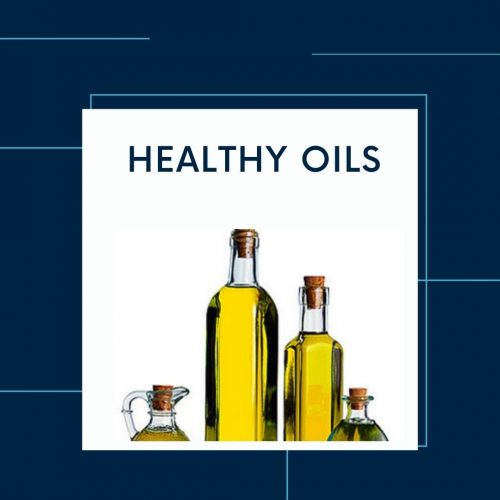
5. Healthy oils
It is beneficial to your heart to replace unhealthy fats (saturated and trans fats) with healthier fats (monounsaturated and polyunsaturated). One way to accomplish this is to cook and prepare food with nontropical vegetable oils, which are more nutritious.
Some examples are:
- Canola
- Corn
- Olive
- Peanut
- Safflower
- Soybean
- Sunflower
What are other ways to keep your heart healthy?
- Maintaining a healthy weight and staying active
- Quitting smoking
- Reducing or eliminating alcohol from your diet
- Maintaining healthy levels of cholesterol and hypertension
- Managing your stress
- Taking supplements and/or a prescription medication
How NSURx lower your heart medication costs
NSUR offers a prescription discount card called NSURx to help you save money on your prescriptions. Simply present your NSURx card to the pharmacist the next time you fill a prescription at your local pharmacy and you could save up to 80% on your prescription costs!
Over 35,000 pharmacies accept NSURx prescriptions, including major chains like Walgreens, CVS, and Walmart.
What’s more, every time you use your NSURx card when you fill a prescription, you will earn NSUR Coin that you can use to buy goods and services in our shopping network.
